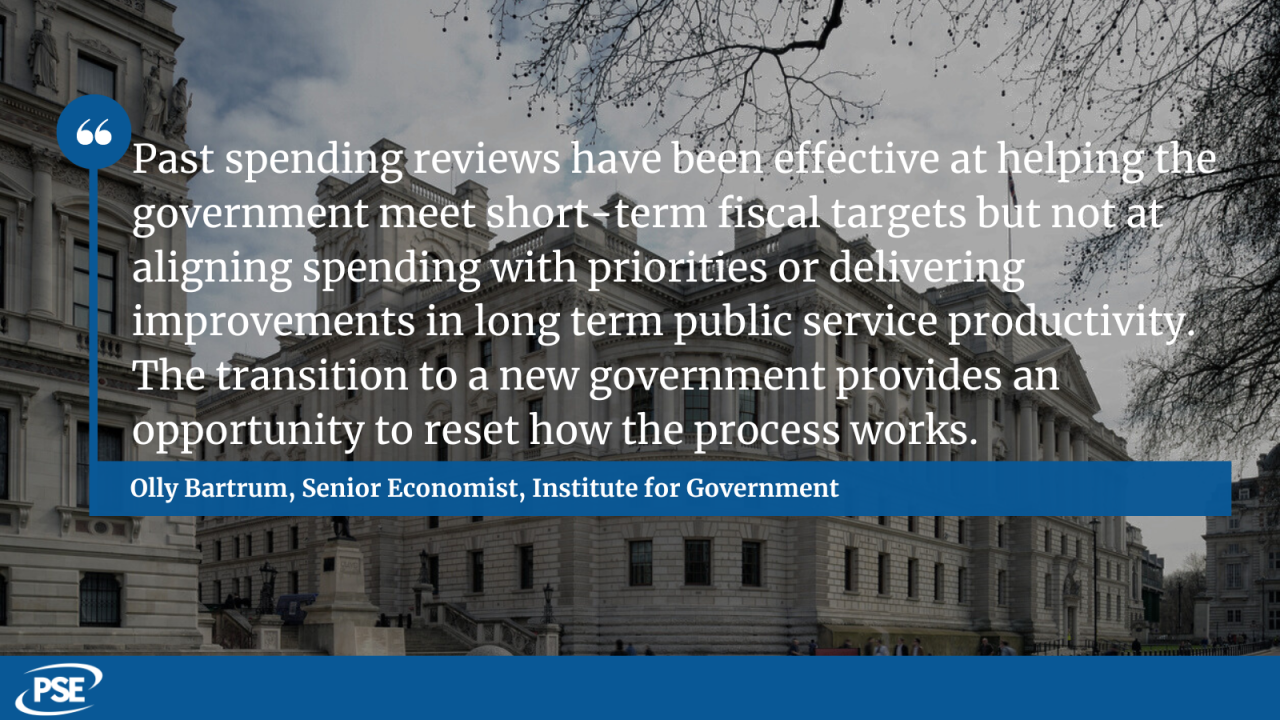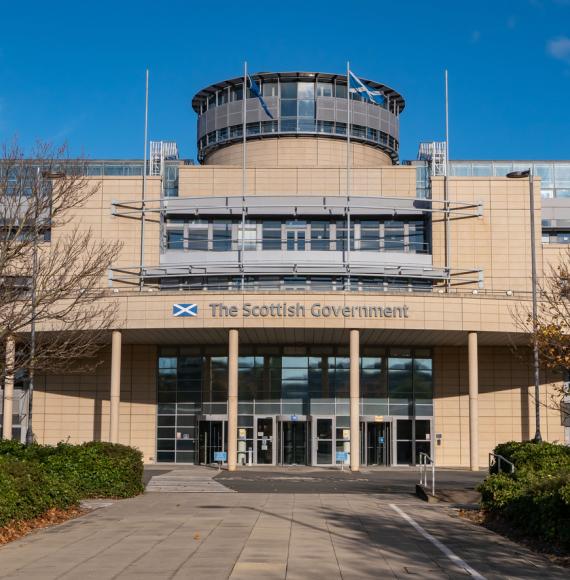A new report from the Institute for Government has outlined how the approach to recent spending reviews is not capable of delivering on the government’s goals.
According to the report, titled How to run the next multi-year spending review, the current process doesn’t bring together the government’s strategic priorities and long-term value for money. This is apparently due to a number of reasons, including:
- Variability in frequency and timing
- Poor use of evidence in guiding decisions
- Failure to reflect government budgetary priorities
With a change in government comes the opportunity to refine the process and make it work better, with the report now recommending that Chancellor Rachel Reeves resets the government’s approach, introducing more effective ways of managing public spending. Alongside this, the report has welcomed the Chancellor’s decision to form a regular cycle of spending reviews, however, the IfG has called for even more reform to come. This would be done through a more in-depth spending review setting cross-departmental spending plans for every government aim, as well as doing the same within each department.
In order to improve the process, the IfG has recommended that the government’s improvements would include further definition of government priorities in a ‘Priorities for Government’ framework, with this supporting further guidance on decision-making in the spending review and enabling spending prioritisation. Alongside this, large infrastructure projects and public sector capital programmes would also ideally be given spending settlements of longer than five years.

Other recommendations include:
- Widening the scope of the review to include tax expenditures and demand-led spending
- Using an independent body to scrutinise multi-year spending baselines
- Instructing mission boards to develop joint strategies and spending plans
- Using spending plans as the foundation of a cross-cutting strategy for each government mission, helping delivery, and supporting accountability
The report has also suggested incorporating a set of interdepartmental reviews into thematic areas, in a ‘Dutch-style’, with this looking into the government’s key missions and reviewing the evidence for policies being given funding. Not only would this support better strategic alignment of spending, but it would also allow greater control of budget totals.
Senior Economist at the Institute for Government, and author of the report, Olly Bartrum, said:
“Past spending reviews have been effective at helping the government meet short-term fiscal targets but not at aligning spending with priorities or delivering improvements in long term public service productivity. The transition to a new government provides an opportunity to reset how the process works.”
Image credit: iStock



















